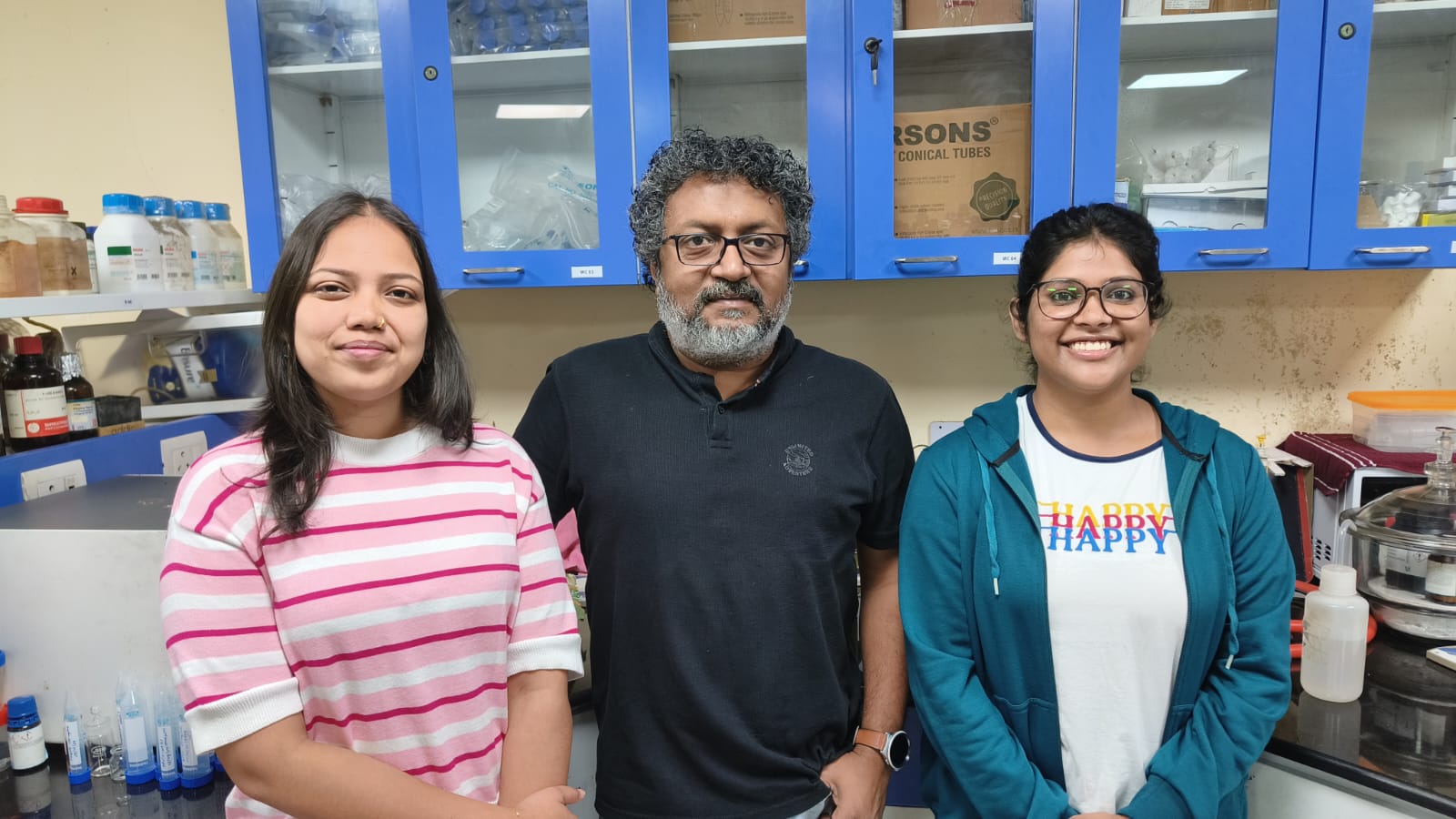IIT Guwahati develops innovative injectable hydrogel for targeted breast cancer therapy
January 04, 2025 | Saturday | News
This hydrogel serves as a stable reservoir for anti-cancer drugs
In a multi-institutional research led by researchers from Indian Institute of Technology Guwahati (IIT-G) and Bose Institute Kolkata, an advanced injectable hydrogel has been developed for localised cancer treatment.
This innovative hydrogel-based therapy delivers anti-cancer drugs directly to tumor sites, significantly reducing the side effects typically associated with conventional cancer treatments.
Hydrogels are water-based, three-dimensional polymer networks capable of absorbing and retaining fluids. Their unique structure mimics living tissues, making them suitable for biomedical applications. This newly developed hydrogel acts as a stable reservoir for anti-cancer drugs and releases them in a controlled manner, responding to specific conditions in the tumor microenvironment.
The hydrogel, composed of ultra-short peptides – biocompatible and biodegradable building blocks of proteins – is designed to remain insoluble in biological fluids, ensuring it stays localized at the injection site. It responds to elevated glutathione (GSH) levels, a molecule abundant in tumor cells. Upon encountering high GSH levels, the hydrogel triggers a controlled drug release directly into the tumor, minimizing its interaction with healthy tissues and reducing systemic side effects.
In preclinical trials on a murine model of breast cancer, the hydrogel showcased remarkable efficacy. A single injection of the hydrogel, loaded with the chemotherapy drug Doxorubicin, resulted in a ~75% reduction in tumor size within 18 days. Crucially, the hydrogel remained localised at the tumor site, steadily releasing the drug over time without causing detectable side effects on other organs.
This innovative delivery system enhances the drug's effectiveness while reducing the required dosage, thus minimising toxicity.









